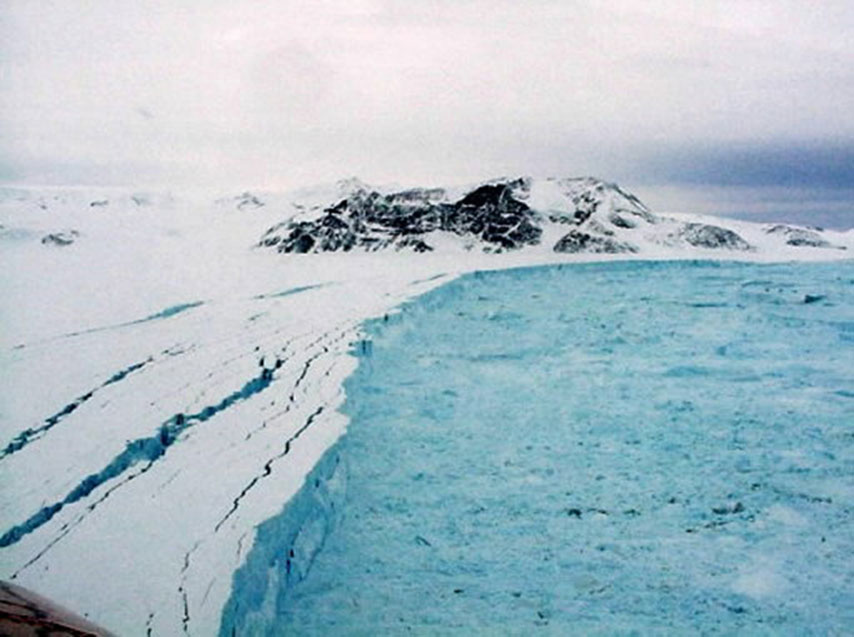Planet Earth’s New Ice Age
With climate changes occurring all over the world, there are signs that Earth is possibly experiencing a new ice age.
The transition between winter and spring is long overdue, as the climate outside is switching from a warm temperature back to being bitter cold without warning. With this climate change in mind, many scientists have brought up the topic of whether the Earth is going experience another ice age.
There has been a total of five ice ages in the history of planet Earth, the five being the Huronian, Cryogenian, Andean-Saharan, Karoo Ice Ages and the Quaternary Glaciation. As of right now, Earth is currently in the process of the Quaternary Glaciation, which first started to show signs 2.58 million years ago.
While the Earth is already technically in a ice age period, the Earth is hardly showing signs of intense glaciation. These signs include atmospheric composition, changes in the earth’s orbit around the Sun, the motion of tectonic plates and volcanism. Most of the effects that occur from these factors have an overall impact in the major climate that is seen happening all over the world.
“It’s believed that a combination of lower solar output and high volcanic activity were major contributors (Free 1999, Crowley 2001), with changes in ocean circulation also having an effect on European temperatures (Mann 2002),” Skeptical Science said.
Even though Earth is not feeling the major glaciation that occurred like in the previous ice ages, there are still remnants of past glaciation left over for the previous ice period. These remnants are the glaciers located in Canada, Antarctica, Greenland and northern Eurasia.
Many scientists first believed that signs of a new ice age would occur up north, but further conditions say otherwise.
“In fact, many scientists warned that Mediterranean conditions would spread into northern Europe,” writer P. Gosselin of NoTricksZone said. “Lately, however, just the opposite has happened: Arctic conditions have plunged down into the Mediterranean.”
Overall, it is concerning whether these new events in climate are hinting at a deep stage in the ice age.













Ralph Dixon • Mar 11, 2017 at 2:58 pm
Reads very much like ” alternate facts”.
Without context and more information I would seriously doubt this
Mike Fink • Mar 11, 2017 at 2:56 pm
Huh,? what about global warming? No comments in the article even mention the fact that this flies in the face of what 99% of scientists worldwide believe (99% is a figure I don’t believe btw).
Mike Fink